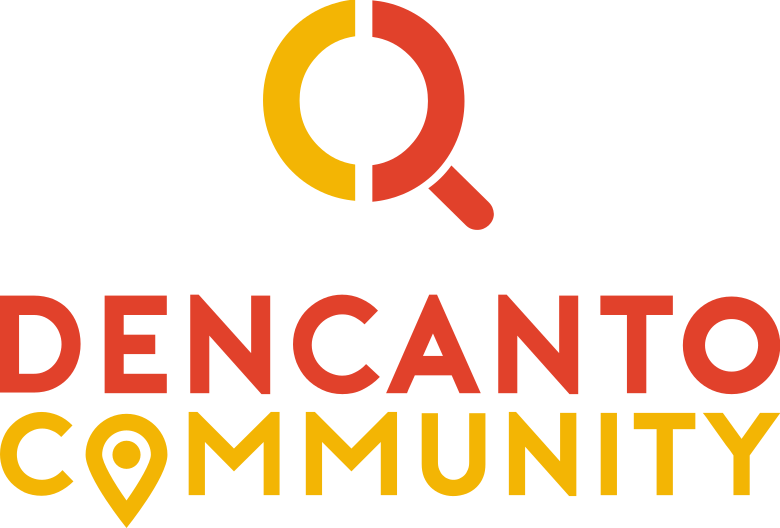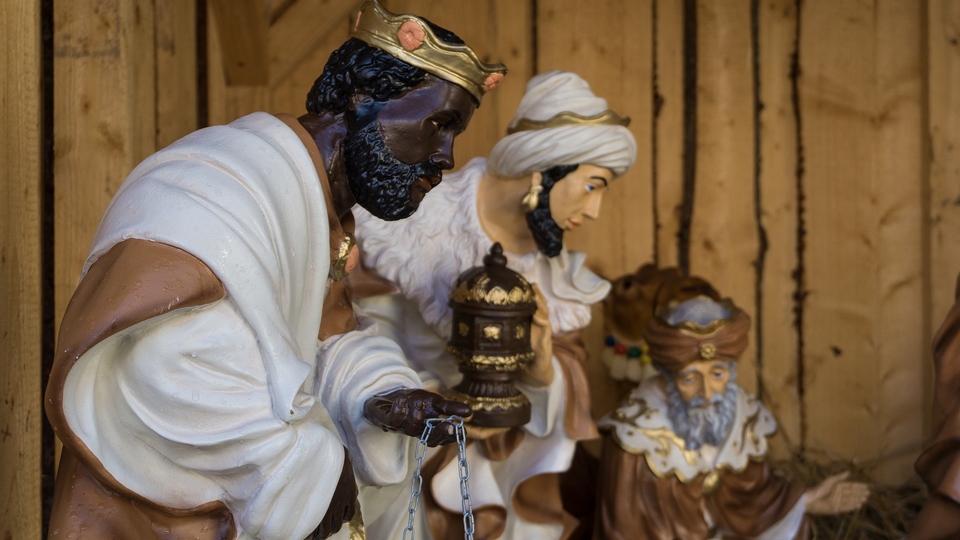Christmas is a very special time in Spain. The interesting thing is that it’s not just one celebration, but all the celebrations of the season put together. Christmas Eve is celebrated on the 24th of December, Christmas day on the 25th, New Years Eve on the 31st, and the Día de los Reyes Magos (Day of the Three Kings) is celebrated on the 6th of January. This last celebration is one of the most unique in Spain and in some Spanish-speaking countries.
Today, we’d like to tell you a little about the traditions of the day of the Reyes Magos.
Who are the Reyes Magos?
They’re the Three Kings of the East themselves, who came to Nazareth on the night that Jesus was born to pay tribute to him and give him his gifts: gold, frankincense, and myrrh. Nowadays, Spanish children send their Christmas lists every year to Melchor, Gaspar, and Balthazar. They are the ones who bring them gifts, not Santa Claus or Father Christmas.
When and how is the día de los Reyes Magos celebrated?
Celebrations begin on the 5th of January. In every city and town in Spain, the Cabalgata de los Reyes Magos (Parade of the Three Kings) is organized. Streets fill up with people and families and their children, who wait impatiently for the arrival of the Three Kings. The three stars of the show arrive on horses or on elaborate carriage, and throw sweets to the children.
At night time, before going to bed, children put their shoes in a visible spot where the Three Kings will be able to see them, and next to them, they leave a few sweets for the Wise Men and their camels.
In the morning, they find that the sweets have disappeared, and they’ve been left presents next to their shoes.
What are the traditions of the día de los Reyes Magos?
Along with the letters that children send to the Three Kings, the parade, and the shoes that they leave out to receive their presents, there’s another thing that can’t be missing on this special day. This is the traditional breakfast of a Roscón de Reyes, a typical circular pastry, filled with cream and decorated with fruits that simbolise the precious stones that adorn the clothing of the Three Kings.
And with this celebration, the Christmas season comes to a close: the children go back to school, and adults back to work after the holidays.
What do you think of this Spanish tradition? We encourage you to spend a year in Spain and experience it here, combining the festivities with a Spanish course. Take a look at all the courses that we offer on our website.
Happy holidays!


